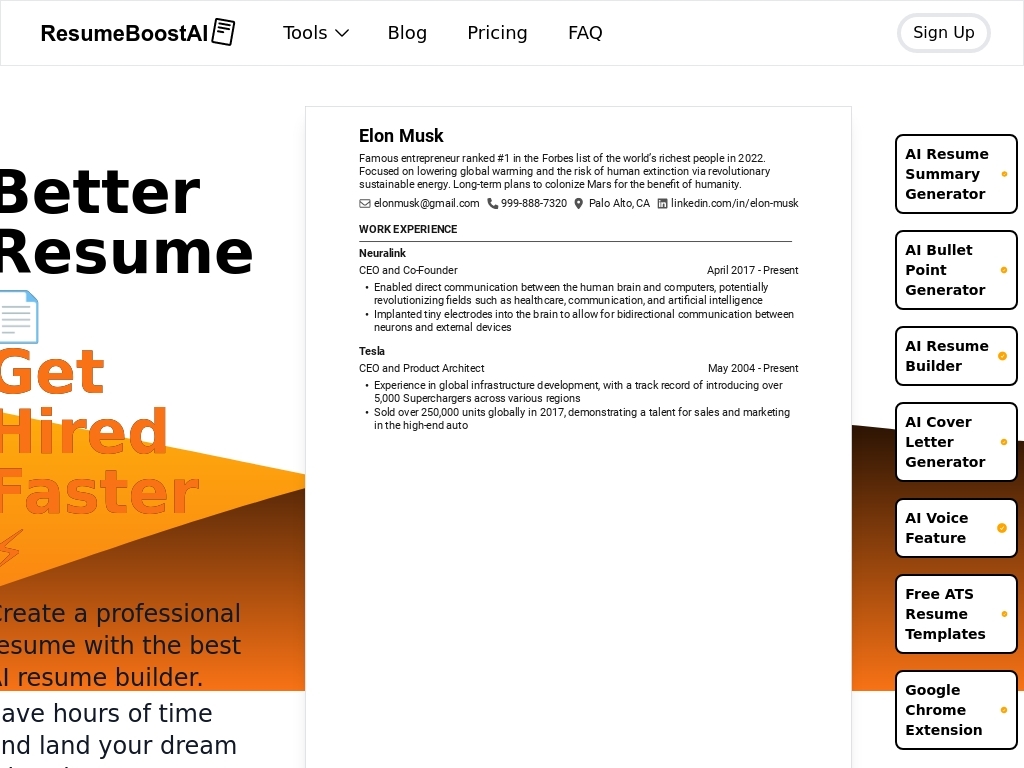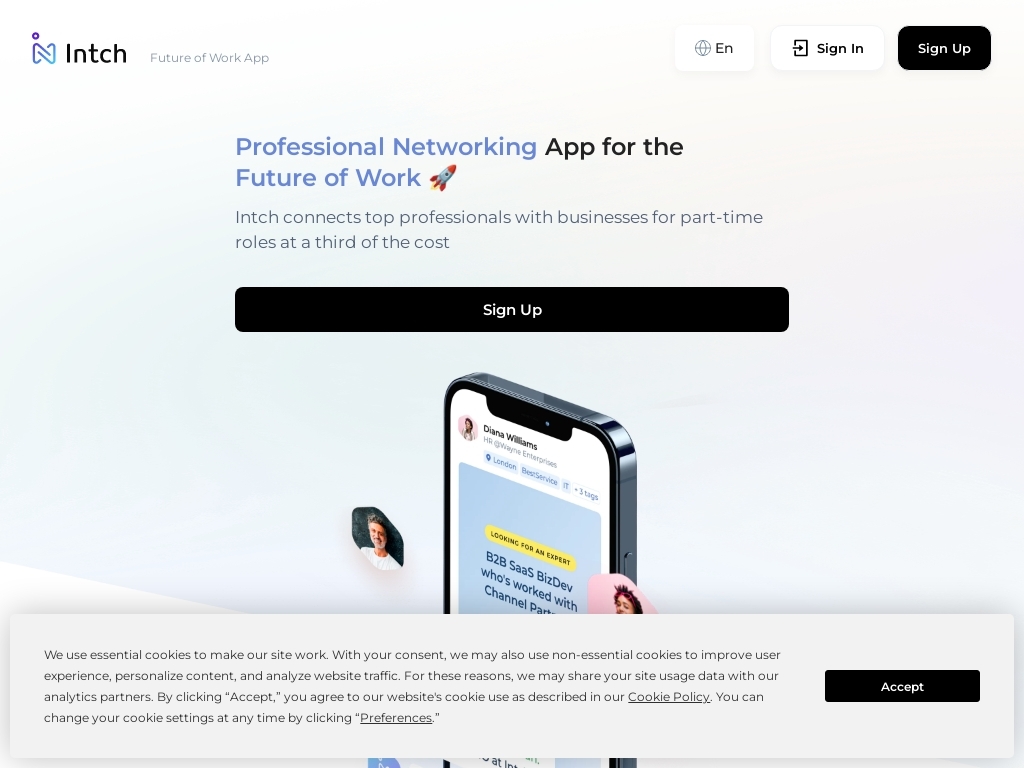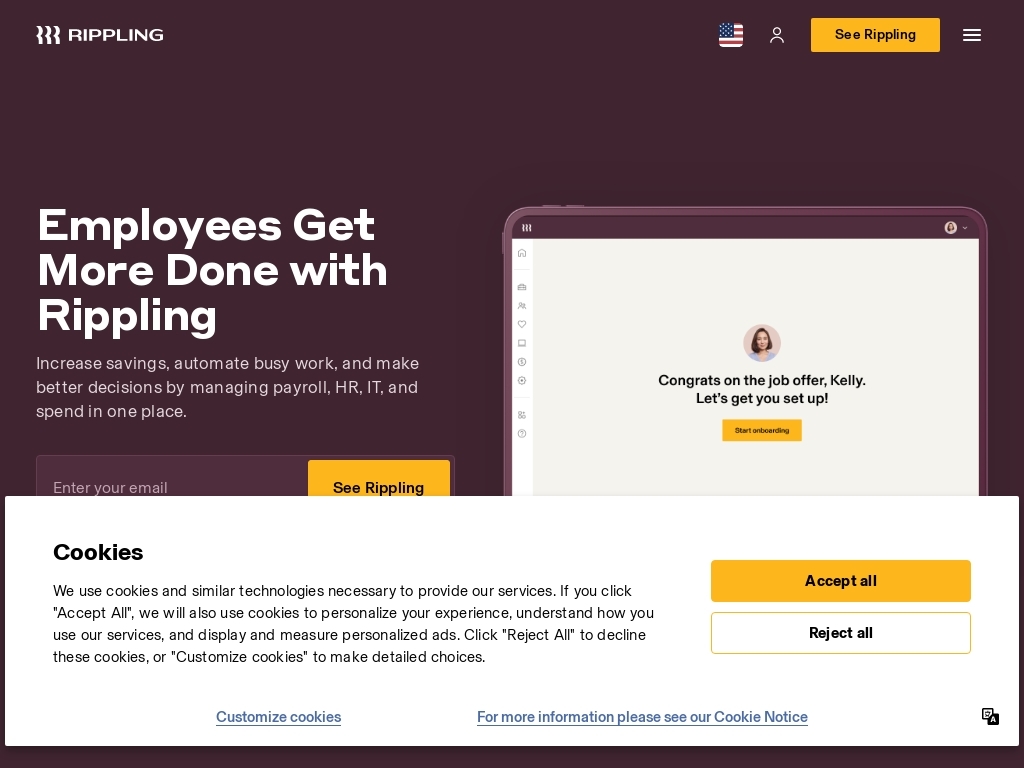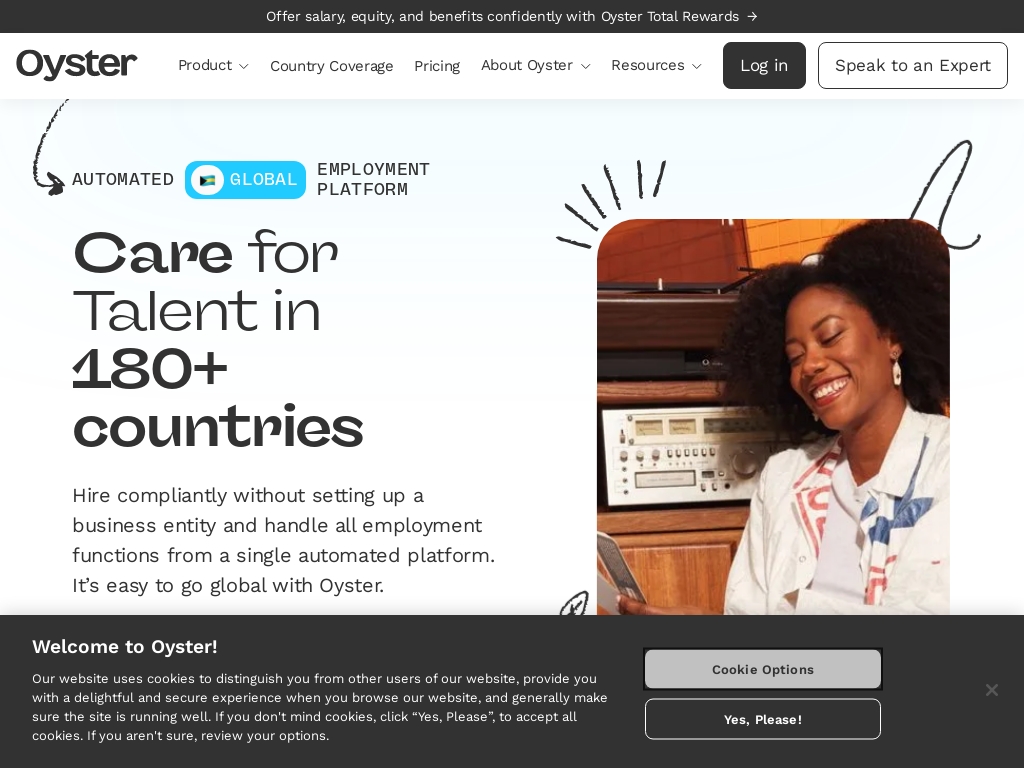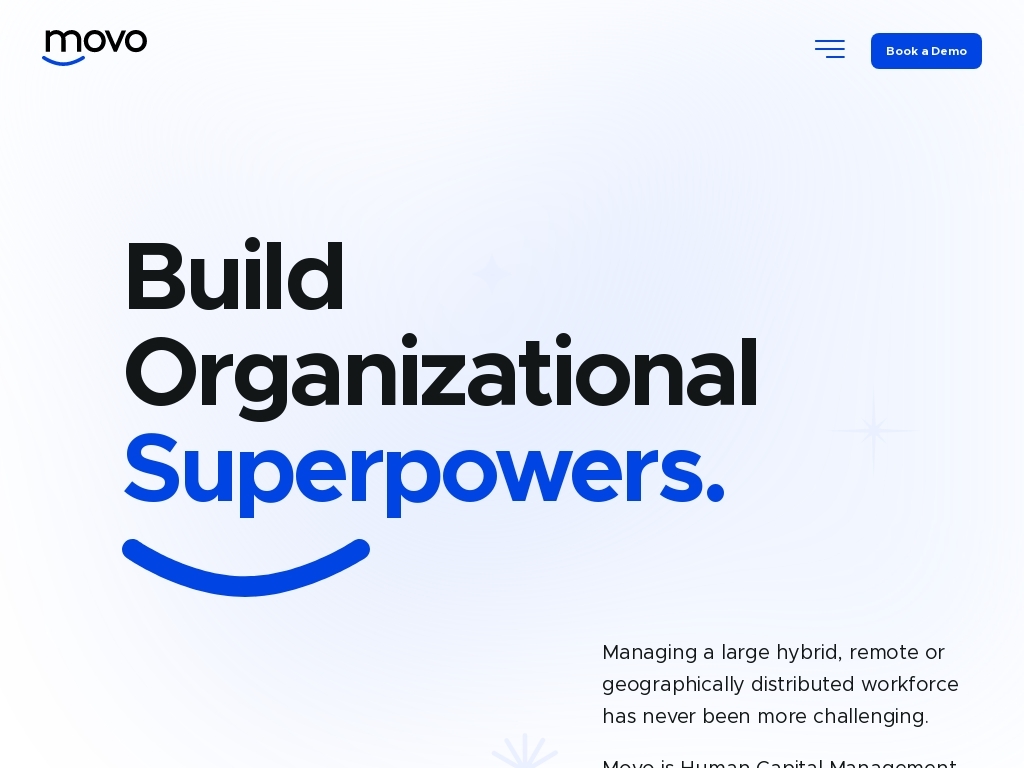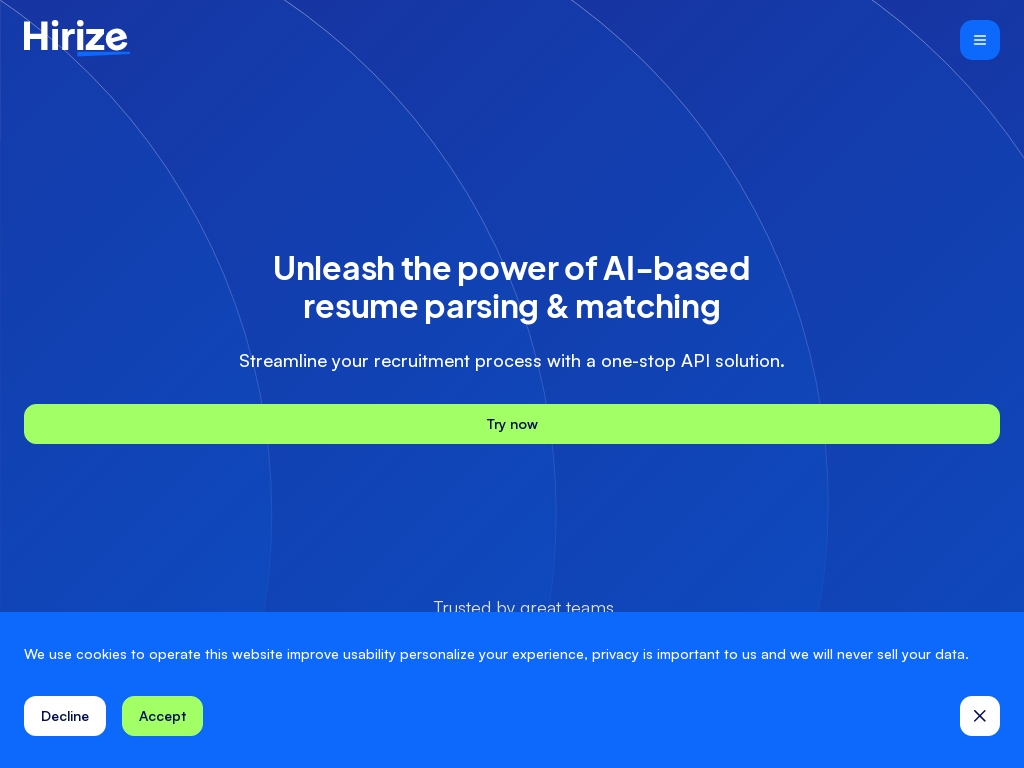
How Harris Osserman Turned Mock Interview Software Into a Profitable Business
Who is Harris Osserman?
Harris Osserman, the founder of Talk Hiring, hails from New Jersey and studied electrical engineering at Duke University. Initially inspired by Apple and Steve Jobs, his passion shifted from engineering to entrepreneurship, leading him to start multiple ventures, culminating in Talk Hiring after experiences in startups and volunteer work in career development.
What problem does Talk Hiring solve?
Talk Hiring helps job seekers, especially those without advanced tech skills, prepare for interviews by offering a simple, automated interview practice tool, reducing the stress and uncertainty of job applications.
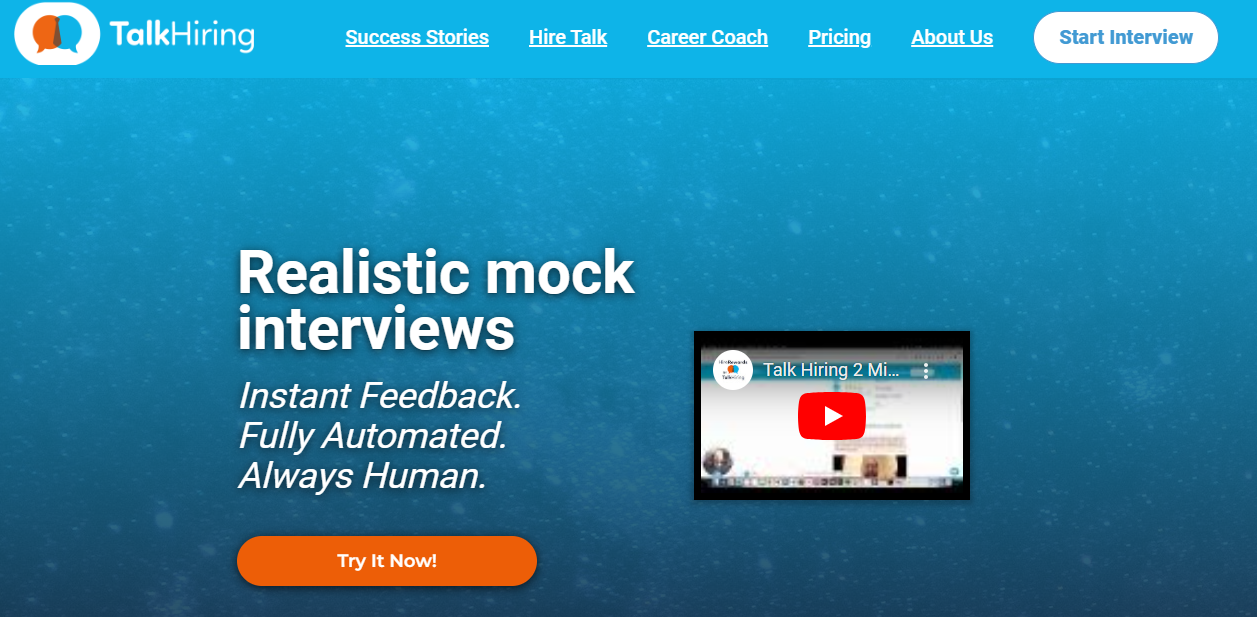
How did Harris come up with the idea for Talk Hiring?
Harris came up with the idea for Talk Hiring from a deep-seated interest in making job applications more accessible through technology. His initial concept was to create a voice-based job application process that allowed applicants to talk about themselves rather than write, making the process more inclusive for those who might struggle with traditional methods. However, his experiences at job fairs and with job training programs revealed a greater demand for mock interviewing tools, leading him to pivot his idea into an interview preparation aid.
Harris validated his new direction by conducting free pilots and collecting mandatory feedback, which helped him refine the product to better meet the users' needs. These early insights were crucial as he discovered that career readiness organizations were more interested in the product than employers. Moreover, his volunteering experience at The Hope Program contributed significantly to his understanding of the career readiness industry and its challenges.
Harris faced challenges with pricing strategies during this ideation phase, experimenting with everything from free pilots to tiered pricing in search of a financially viable model that would still be attractive to his primary clients—nonprofits and educational institutions. His commitment to optimizing the product based on real-world testing and user feedback was key to Talk Hiring's early development and set the foundation for its eventual success.
How did Harris Osserman build the initial version of Talk Hiring?
Talk Hiring's initial product development began with the creation of an automated voice-based interviewing tool designed to assist job seekers in preparing for interviews. The development process involved iterative testing and refining of the product based on real-world feedback collected from multiple free pilot programs with job training organizations. Harris Osserman and his team utilized mandatory feedback sessions during these pilots to adapt and improve their tool rapidly.
The first prototype was relatively simple and was completed and launched in late January 2019. However, convincing organizations to adopt a new product proved slow and challenging. The development and refinement were not without difficulties. One major hurdle was transitioning from free pilots to a paid model, which involved recalibrating pricing strategies several times to meet the budgets and expectations of nonprofits and educational institutions. The team faced the complexity of pricing their SaaS offering adequately—experimenting with various strategies such as tiered pricing, usage-based pricing, and even 'pay what you want' models until finding the right fit.
Overall, the journey to a market-ready product took approximately 16 months from concept to a steadily monetized offering, involving continuous adjustments and strategic pricing decisions to align with their client base's needs.
What was the growth strategy for Talk Hiring and how did they scale?
Job Fairs
Talk Hiring initially found success by visiting job fairs. Founder Harris Osserman discovered that suburban job fairs, often less crowded and more intimate, were ideal for getting attention from hiring managers and job training programs. He found these settings conducive to striking up conversations and, crucially, receiving feedback on Talk Hiring's products. By engaging directly with people at these fairs, he was able to tailor the tool to better serve the needs of career readiness programs.
Why it worked: Job fairs allowed direct, face-to-face engagement with potential users who were in the right mindset to consider new solutions for interview preparation. This direct feedback loop was invaluable in ensuring the product met real needs.
Free Pilots and Feedback
Talk Hiring initially offered its mock interviewing tool for free to job training programs to gather feedback. The understanding was that users would provide input after testing the tool. This approach not only helped improve the product but also laid the groundwork for transition into paid services once the value was established.
Why it worked: This method allowed the company to quickly identify what was working and what needed adjustment, enabling rapid product improvement based on real user experiences.
Social Media and Online Community Engagement
Promotion through social media and online communities, such as Facebook groups, unexpectedly expanded Talk Hiring's reach to high schools and educational institutions. This channel opened up new user bases that found value in the tool for student career readiness.
Why it worked: Posting in relevant online groups led to organic discovery and word-of-mouth recommendations among schools that were constantly on the lookout for useful educational tools, providing Talk Hiring with a wider audience and more diverse feedback.
Networking and Community Involvement
Osserman's involvement in The Hope Program, a nonprofit focused on job training, exemplifies a strategic approach to networking. By engaging deeply with the community and leveraging these connections, Talk Hiring accessed an established network of professionals who value career advancement tools.
Why it worked: Networking within nonprofit spheres enabled Talk Hiring to tap into pre-existing trust networks, leading to partnerships with organizations committed to community employment support.
What's the pricing strategy for Talk Hiring?
Talk Hiring utilizes flat-rate tiered pricing, charging organizations $150 or $500 per month based on staff requirement access, alongside offering free trials to encourage adoption.
What were the biggest lessons learned from building Talk Hiring?
- Adapt and Pivot: Talk Hiring initially struggled with its product-market fit but successfully pivoted from a voice-based job application tool to a mock interview tool, resonating better with user needs. Being open to change based on feedback is crucial for success.
- Feedback is Gold: By mandating feedback from free beta users, Talk Hiring was able to refine its product effectively. Emphasize the importance of gathering and implementing user feedback early on to improve your offering.
- Pricing Evolution: Transitioning from free pilots to a paid product was complex for Talk Hiring. They learned that finding the right pricing strategy involves understanding customer budgets and preferences, which often require experimentation.
- Persistence in Customer Acquisition: Facing challenges with initial user acquisition, Talk Hiring employed persistency through job fairs and volunteering, eventually discovering effective channels. This highlights that perseverance and exploration of different avenues are key in finding your first customers.
- Structure for Stability: For acquisition readiness, ensuring your business has stable profits for three years and minimizing revenue concentration from few customers can make it more attractive to buyers, as learned by Talk Hiring during its sale process.
Talk Hiring Acquisition: How much did Talk Hiring sell for and what was the acquisition price?
Talk Hiring was acquired for an undisclosed amount in an all-cash deal on Acquire.com. The sale was to an individual buyer who aligned with founder Harris Osserman's mission to support career readiness organizations.
Discover Similar Business Ideas Like Talk Hiring
|
|
Idea
|
Revenue
|
|---|---|---|
|
Resume Boost AI
|
AI-powered resume and cover letter creation tool.
|
$1K
monthly
|
|
Intch
|
AI platform connecting businesses with part-time professionals.
|
$1M
monthly
|
|
Rippling
|
"All-in-one HR and IT platform for small businesses."
|
$29.2M
monthly
|
|
Oyster HR
|
"Global employment platform simplifying international hiring."
|
$8.33M
monthly
|
|
Movo
|
'Mobile platform for managing frontline workforce'
|
$2M
monthly
|
|
Hirize
|
AI-powered resume parsing for precise candidate matching.
|
$14K
monthly
|
|
MATCHR
|
Remote recruitment support on subscription for tech companies.
|
$70K
monthly
|
More about Talk Hiring:
Who is the owner of Talk Hiring?
Harris Osserman is the founder of Talk Hiring.
When did Harris Osserman start Talk Hiring?
2018
What is Harris Osserman's net worth?
Harris Osserman's business makes an average of $/month.
How much money has Harris Osserman made from Talk Hiring?
Harris Osserman started the business in 2018, and currently makes an average of .

Download the report and join our email newsletter packed with business ideas and money-making opportunities, backed by real-life case studies.

Download the report and join our email newsletter packed with business ideas and money-making opportunities, backed by real-life case studies.

Download the report and join our email newsletter packed with business ideas and money-making opportunities, backed by real-life case studies.

Download the report and join our email newsletter packed with business ideas and money-making opportunities, backed by real-life case studies.

Download the report and join our email newsletter packed with business ideas and money-making opportunities, backed by real-life case studies.

Download the report and join our email newsletter packed with business ideas and money-making opportunities, backed by real-life case studies.

Download the report and join our email newsletter packed with business ideas and money-making opportunities, backed by real-life case studies.

Download the report and join our email newsletter packed with business ideas and money-making opportunities, backed by real-life case studies.
